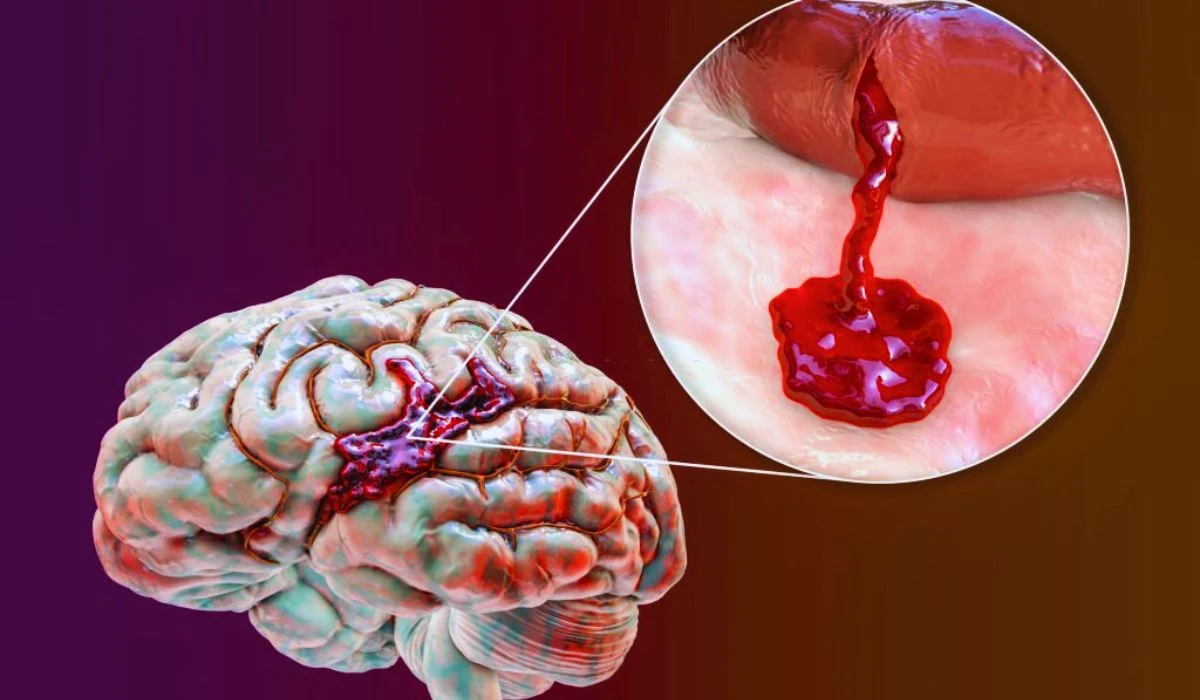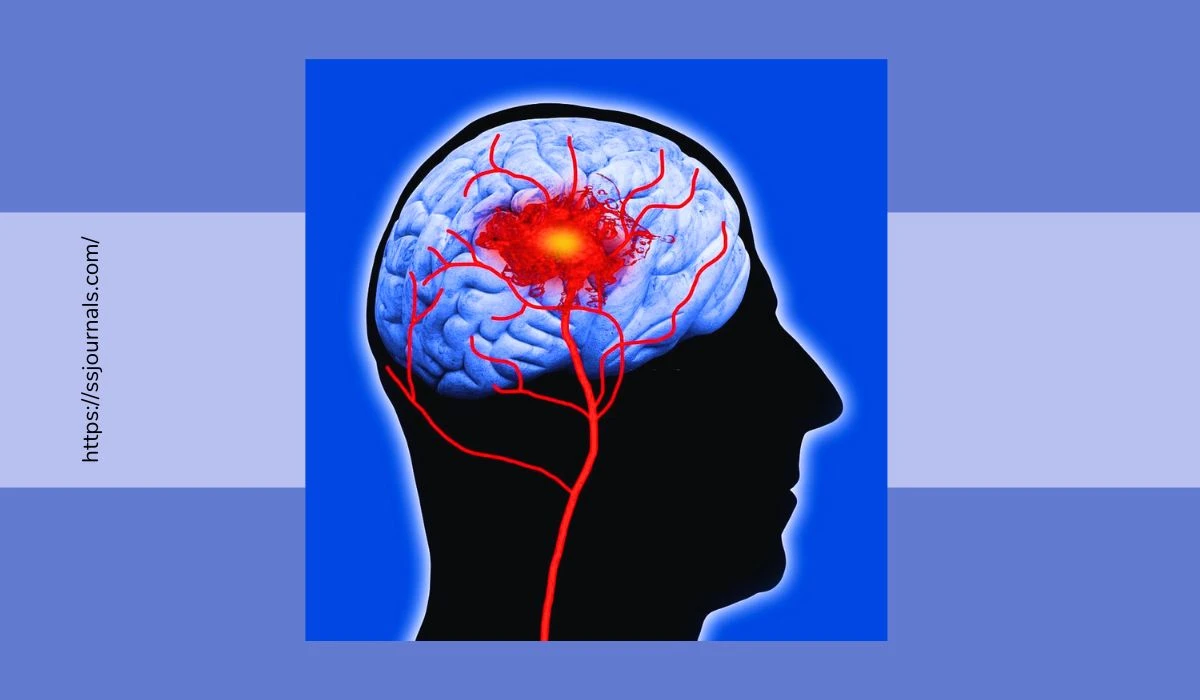Brain hemorrhage symptoms can be life-threatening. Recognizing them can be essential for seeking medical help. Emergency medical assistance is crucial. Taking action immediately can save lives and prevent disabilities. Recognize and respond to these symptoms quickly to safeguard your health.
What Is Brain Hemorrhage?
Brain hemorrhage, also known as intracranial hemorrhage, is a medical condition with bleeding in the brain. This happens when a blood vessel bursts, leading to bleeding and damage to brain tissue. Symptoms and long-term effects depend on the location and size of the bleeding.

Different regions of the brain can be affected by intracranial hemorrhages, like the cerebrum, cerebellum, or brainstem. Each region has its own unique functions. Bleeding in the frontal lobe of the cerebrum may cause changes in personality or problems with decision-making. Bleeding in the brainstem may cause coordination and balance issues.
Causes Of Brain Hemorrhage
Brain hemorrhages can be caused by many things. High blood pressure, trauma or injury to the head, medical conditions like aneurysms and AVMs, and drugs and alcohol can all be factors. Less common causes include blood disorders and certain medications. Tumors can also cause pressure on blood vessels, leading to ruptures.
To reduce the risk of a brain hemorrhage, people should make lifestyle changes. Maintaining healthy blood pressure with exercise and a balanced diet is essential. Wearing protective gear prevents head injuries. Treating medical conditions like aneurysms and AVMs swiftly can help.
It’s important to understand how each suggestion works. Managing blood pressure reduces strain on vessel walls. Protective gear guards against head injuries. Promptly treating aneurysms or AVMs eliminates potential sources of instability in blood vessels. By following these suggestions, one can protect themselves from a brain hemorrhage.
Common Symptoms Of Brain Hemorrhage
Brain hemorrhage is a serious medical issue. It is caused by the bursting of blood vessels in the brain, resulting in bleeding and damage. Knowing the symptoms is key to taking quick action. Here are some common ones:
- Severe and sudden headaches.
- Nausea and vomiting with no prior issues.
- Blurry vision, focusing difficulties, or complete loss of vision in one or both eyes.
Also, seizures or convulsions can happen due to increased pressure on the brain from bleeding. And brain hemorrhages can show up in various areas of the brain, with different signs.
When To Seek Medical Help
It’s key to know when to get medical aid for signs of a brain hemorrhage. Waiting can have grave effects. These are the signs that demand urgent medical help:
- Dizziness, bad headache, or sudden headache.
- Passing out, confusion, or sudden mental state changes.
- Sickness, throwing up, convulsions, or difficulty speaking or understanding others.
Get help quickly if any of these signs appear. Remember that time is of the essence for brain health.
Aside from the usual symptoms, be aware of other potential ones of a brain hemorrhage. These may involve:
- Weakness or numbness on one side of the body
- Vision problems such as blurred vision or double vision.
- Difficulty walking or staying balanced.
Tip: If you think there may be a brain hemorrhage due to the above-mentioned symptoms, don’t try to drive to the hospital. Phone emergency services right away for swift and safe transportation.
Diagnosis And Treatment Options
Brain hemorrhage needs urgent medical attention. Here are the main points:
- Imaging tests such as CT scans, MRI scans, or cerebral angiography can spot brain bleeding.
- Neurological exams help professionals evaluate the severity and position of the hemorrhage.
- If brain hemorrhage is suspected, quick hospitalization is vital to stop further harm.
- Treatment options rely on the cause and intensity of the hemorrhage and may involve drugs or surgery.
- Monitoring vitals and providing supportive care is important during treatment.
- Rehab therapies may be recommended for those who have had a brain hemorrhage.
Prevention And Risk Factors
Preventing brain hemorrhage and understanding its risk factors is essential for good health. Check out the table below to learn about preventive measures and key risk factors.
| Prevention Measures | Risk Factors |
| Healthy lifestyle | High blood pressure |
| Exercising regularly | Smoking |
| Balanced diet | Heavy alcohol consumption |
| Managing stress | Previous brain haemorrhage in family |
It’s important to note that blood pressure plays a big role in increasing brain hemorrhage risk. Having regular check-ups and staying healthy can help prevent this condition.

